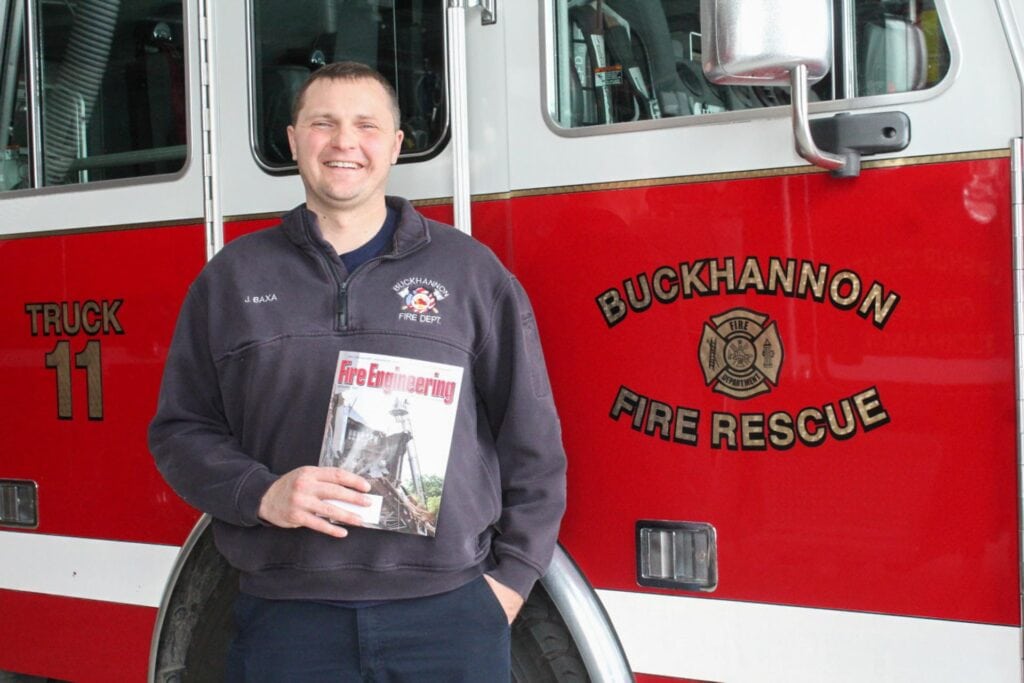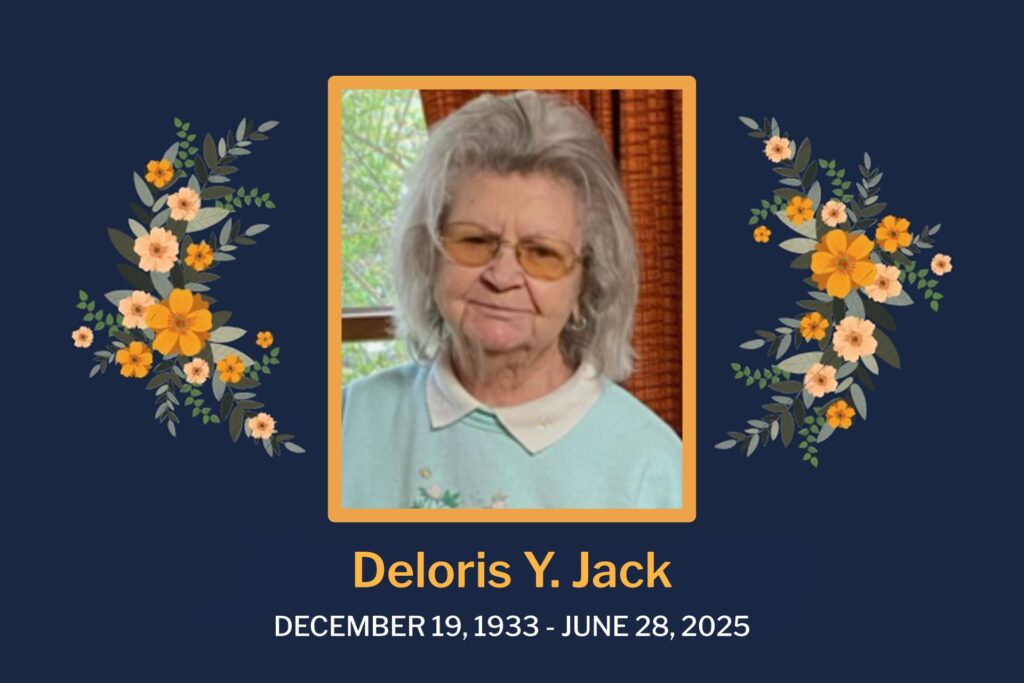BUCKHANNON – The Buckhannon Fire Department’s own Captain Joey Baxa penned an article that was recently published in the national magazine “Fire Engineering.”
Baxa wrote an article titled “The Staffing Dichotomy: Quality vs. Quantity,” and it was published in January 2021.
“It’s amazing to have that connectivity and getting questions from firefighters that you would have never normally have had a chance to meet – just because you wrote an article or you put something on social media – is really neat,” Baxa told My Buckhannon in a recent interview. “It’s been a big learning experience for me because as I teach, it’s not just about me giving other people knowledge, I learn just as much from the people I teach.”
Baxa, who is an instructor for Insight Training, said he was motivated to write the article because of his experiences traveling and teaching in different departments across the country.
“One thing that has always rang true to me across the board is the ones [fire departments] that focus on developing people who were very good at their job, who cared, who bought into the culture, those fire departments had standards – they didn’t just let anybody come in and ride the wave and come and go as they pleased or not be able to perform the very base needs,” Baxa said. “Whenever you’re talking about [a profession] where your job is to save lives and property, you have to be able to function at a base level and in the ones that didn’t set standards, they ultimately suffered on the quantity.”
Baxa said a department needs solid standards that aren’t unattainable, but also aren’t too lax in order to attract more firefighters.
“No one wants to be part of an organization that doesn’t have a good reputation, where people don’t feel that they’re proficient in their job, so it’s a true dichotomy,” Baxa said. “You can’t have standards that are too tough where nobody can meet them, but you also can’t have too low of standards, thinking that you’re going to attract a bunch of people … because once the bubble pops and people figure out that you can’t perform, who’s going to want to be part of your organization?”
He said a lack of volunteer firefighters is a nationwide issue, but it’s only exacerbated if solid standards aren’t upheld.
“In my opinion, and in my experience, the issue is only made worse by not having an attainable standard because the standard gives meaning, the standard gives them purpose, gives reason for people to want to be there,” Baxa said. “Without that standard, what are you really a part of? Whenever you have a big fire where your actions matter, and you can’t effectively rescue or you can’t effectively mitigate a disaster that should have been able to be mitigated, everybody’s going to bail.”
He said lacking proper training can potentially be life-threatening and in other countries, it’s often a legal offense.
“If you read about the European countries, their history is a lot more legal, so if you’re a firefighter or a fire department, if you make bad judgments, you will pay for those judgments in the legal system,” Baxa said. “Or if you fail to live up to a standard you will pay for those; the United States historically has not been like that, but it is coming.”
“There are no lawsuits in West Virginia that I know of, but there are some in western states where a fire department is being sued for improper strategies and tactics that they are literally referencing in the base firemen manual,” Baxa added.
Baxa is also currently working on an entire series to provide guidance to other fire departments that operate like the Buckhannon Fire Department, which is a career department, but also has a volunteer wing.
“I’ve actually been working for about 18 months on an entire series,” he said. “I’ve got a curriculum developed, and I’m getting ready to record it. It was going to be taught at a conference last year, at a hands-on, three-day training format, but with COVID, that got shut down,” Baxa said. “In the next couple of weeks, we’ll be starting to record that material.”
Read Baxa’s entire article here.














